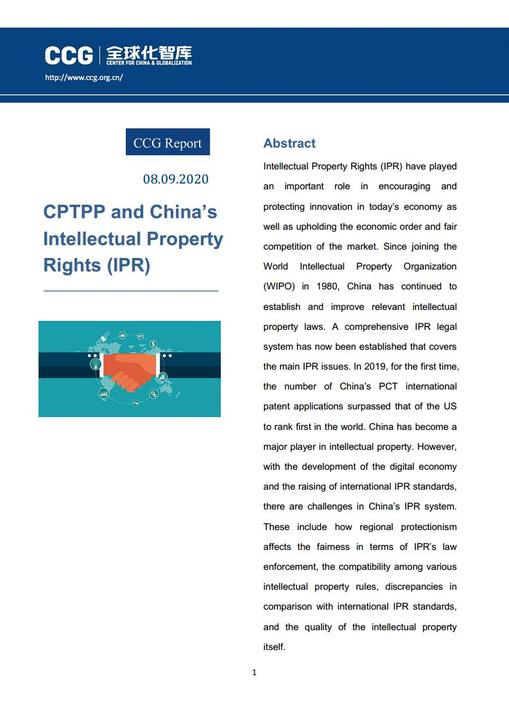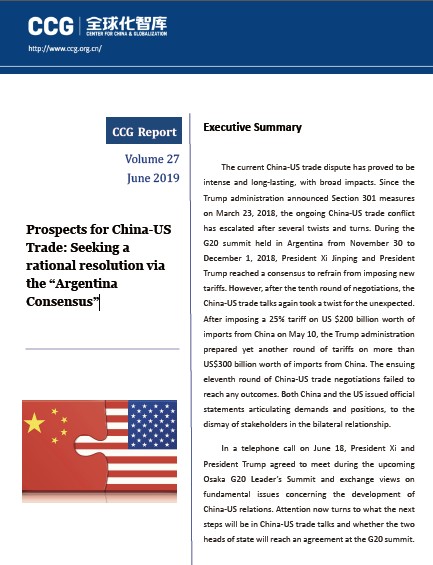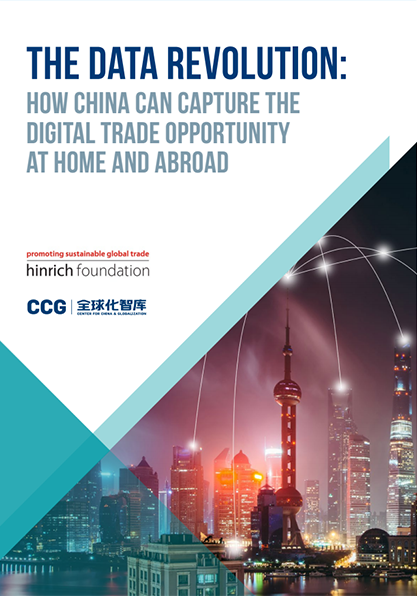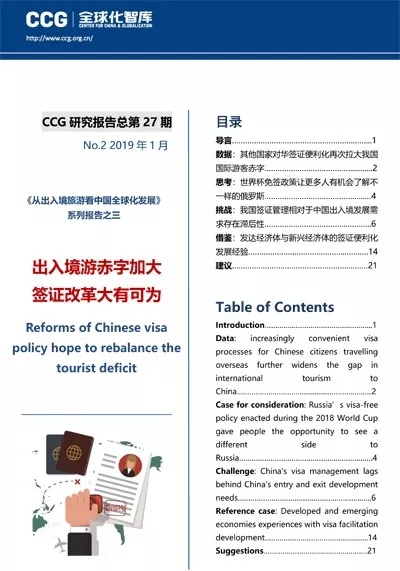CCG Report on the BRI 10th Anniversary -Achievements and Multilateral Prospects

Abstract
2023 witnesses the tenth anniversary of the Belt and Road Initiative (the BRI). Over the past ten years, through the unremitting efforts of all parties, it has gradually evolved from a historically relevant concept to a living reality, and from an international cooperation framework to a concept of global governance. Based on this evolutionary process, CCG has divided the history of the BRI into three phases by taking the previous Belt and Road Forum for International Cooperation (BRF) as the time nodes, and has summarized its evolutionary pattern and significance. As the third BRF is about to be held, we are about to usher in a new stage of development of this initiative.
Under the influence of the “profound change unseen in a century”, the new phase of the BRI is facing both challenges and new development opportunities, and CCG, based on its long-term accumulation of research on globalization, proposes that the BRI should deepen multilateral co-operation on the basis of existing bilateral and multilateralised cooperation system to achieve closer and more efficient interaction with other existing international cooperation mechanisms, thus enhance the nature of the Belt and Road as an international public good, and improve its quality, leading it to a more sustainable and higher efficient level, while properly embedding it to the current trend of globalization. The following ten specific recommendations are listed:
First, following the model of the ASEAN-China Centre, we recommend setting up a multilateral cooperation center for the BRI in Beijing with the participation of the countries concerned and implementing an efficient three-tier management structure to provide guidance and undertaking specific tasks in the alignment and cooperation of major bilateral and multilateral strategies with relevant countries.”
Second, we propose to establish a BRI multilateral guidance committee or international advisory committee and invite individuals from various sectors and former dignitaries from countries along the ‘Belt and Road’ to serve as its members. The committee serves as an international governance advisory or platform for the BRI, aiming to enhance mutual trust, strengthen intellectual and decision-making references, and promote communication from a top-level design perspective.
Third, we recommend establishing an international cooperation organization for the BRI to align with existing regional mechanisms and international organizations. Drawing inspiration from the model of the OECD, it may be used as an effective incentive to identify favorable measures, and promote policy progress of the BRI, and it may also seek alignment, dialogue, and cooperation with the OECD.
Fourth, to probe the possibility of working with the United States, India, and Europe to build a quadrilateral international cooperation or multilateral cooperation platform, with the existing Build a Better World (B3W), Global Gateway program and India-Middle East-Europe Economic Corridor (IMEC). It is valuable to explore the possibility of establishing a China-US-India-Europe “quadrilateral+” international cooperation platform, so as to jointly enhance the level of global infrastructure construction through multilateral and complementary cooperation.
Fifth, to take turns hosting or collaborating with willing countries in organizing the BSF followed the summit format of the G20 and APEC. This approach will showcase the multilateral nature of the BRI and bolster relevant countries’ willingness to work with the initiative and therefore contribute to the common interests of the BRI’s development.
Sixth, to establish an international development bank cooperation alliance to boost collaboration among various international development banks in the world, such as the World Bank, Asian Development Bank, and European Bank for Reconstruction, plus the Asian Infrastructure Investment Bank. This alliance should create a standardized, and transparent investment and financing system for BRI in accordance with current international banking rules. While fully leveraging the role of governments in promoting financing, it should also encourage private capital from various countries to jointly build the BRI as well as other similar initiatives.
Seventh: to promote a cautious approach for China to join the Paris Club or build a closer relationship with it, so as to achieve closer alignment with international regulations, facilitate coordination and sustainable solutions for debt-distressed countries facing payment difficulties, and concurrently mitigate external debt risks faced by the BRI, while contributing to global financial stability.
Eighth, to establish a BRI international business alliance, which may adopt an open membership approach to attract enterprises to engage in business exchanges and information sharing related to the BRI policies and projects. It could organize non-official international forums such as manufacturing industry Summits, small and medium-sized enterprise summits, cross-border cooperation forums for multinational corporations, etc. to discuss topics related to industries, investment, cooperation, and risk management.
Ninth, to create a BRI professional talent network focusing on professionals involved in the “Belt and Road.” Leverage international experience to establish a service system with a database and resources for the BRI professionals, facilitating enterprises and other organizations in discovering international talents and helping professionals identify collaboration partners or development platforms. It also collaborates with multilateral BRI specialized talent development programs and encourages more Chinese students to study abroad in countries along the “Belt and Road” and likewise to international students.
Tenth, to establish a multi-tiered and diversified think tank platform, alliance, and cooperation mechanism, such as a multilateral think tank forum for think thanks along the BRI but not limited to the BRI to remote collaborative and comprehensive research on the BRI and other global infrastructure development initiatives, which are expected to provide decision-makers from various levels with valuable advice for their decisions.







